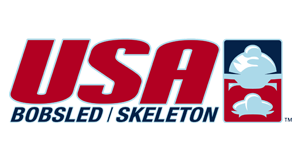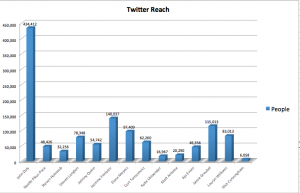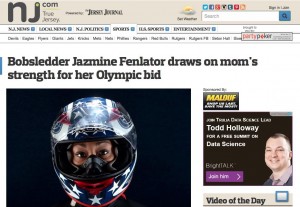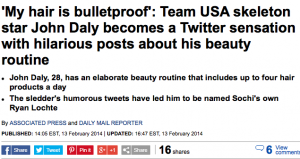Date: June 30, 2023 at 1:00pm ET
Cost: $60 (gov), $150 (industry)
Info. and to Register: https://lnkd.in/dgHyFUi3
The Communicators’ Hub is having an AI workshop! All information shared during the workshop has been customized specifically for government communicators and public affairs shops.
The workshop will be approximately one hour in length and includes real-world use cases, useful prompts for communicators, hands-on exercises, and group discussion.
Our discussion will go beyond typical AI use cases we read about in mainstream media (i.e.: crafting press releases, writing stories or lesson plans, etc.) Our trainer is a workshop instructor specializing in A.I. and machine learning for a decade with a remarkable background in government and military.
This workshop is a continuation of a recent AI Communicators’ Coffee Chat. Let us know once you sign-up for the workshop and we’ll get you this Coffee Chat recording if you’d like.
*Note- several attendees are having their agencies pay, through completed SF-182 form. Please LMK if there are questions and feel free to pass this along to others you think will find value. Mitch
btw, image below was created with AI tool Midjourney. LMK if you need help setting this up 🤠Mitch Arnowitz mitch@tuvel.com , 301.524.1587
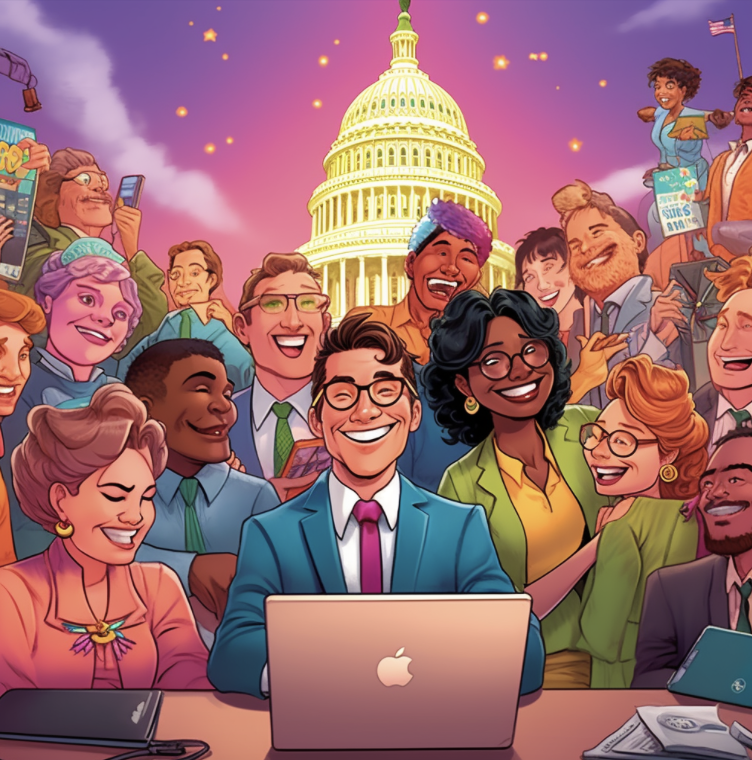
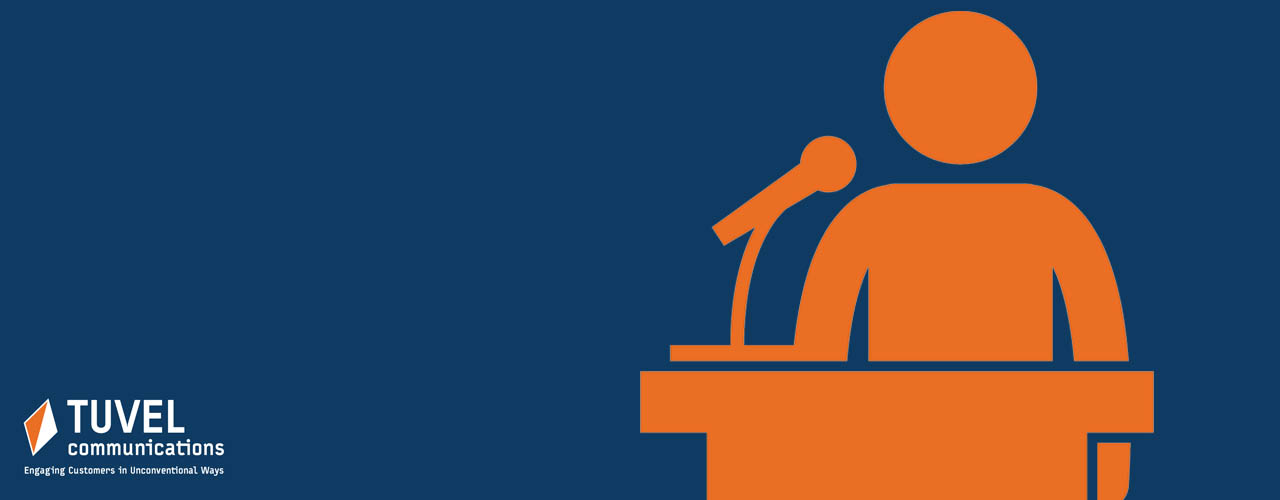 Finding and securing government speakers can be a challenge. The approval process for government speakers takes time and is more complex than for the private sector. Competing events are also vying for your subject matter expert’s time. The following 10 topics and related questions create effective tips to help you prepare for your next public sector event.
Finding and securing government speakers can be a challenge. The approval process for government speakers takes time and is more complex than for the private sector. Competing events are also vying for your subject matter expert’s time. The following 10 topics and related questions create effective tips to help you prepare for your next public sector event.